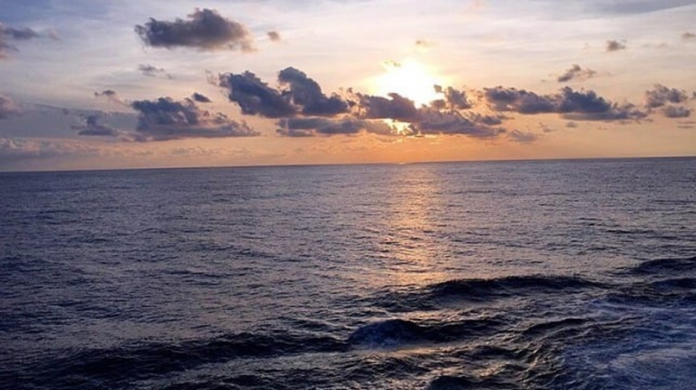
Denmark selected projects from Total Energies, INEOS E&P, and Wintershall DEA to receive the country’s first full-scale CO2 storage permits for projects in the North Sea. The recommendation from the Ministry of Climate, Energy and Utilities marked the conclusion of the first of an annual tender for licenses for the exploration of full-scale CO2 storage on the Danish continental shelf as the country looks to the development of a new industry that will contribute to meetings its goals to reduce emissions.
The licenses pave the way forward for Denmark as an important puzzle piece in realizing the growing demand for CO2 storage capacity in Northern Europe the agency said in announcing that it had completed evaluating the applications. The Danish Energy Agency (DEA) reported it received two applications in the first round of licenses for CO2 storage in the Danish North Sea and that they had both met the requirements evaluated the technical and financial capacity as well as the technical content of the work programs presented by the companies in their applications. The final awarding of two licenses to TotalEnergies and one to the partnership between INEOS and Wintershall DEA will take place after a report is presented to the Climate, Energy and Utilities Committee of the Danish Parliament.
“Granting the first exclusive permits for full-scale CO2 storage in the North Sea is an important step into the future. CO2 capture and storage is an important element in the green transition. Today’s licenses are the result of effective implementation of the first Danish political agreements on CCS,” says Kristoffer Böttzauw, DEA’s director.
Denmark believes that there are strong opportunities for this developing industry. The Geological Survey of Denmark and Greenland (GEUS) has previously demonstrated that the Danish subsurface is particularly suitable for CO2 storage, both offshore and onshore, thus enabling the opportunity for Denmark to serve as a commercial hub for CO2 storage from all of Europe. They estimated that the Danish subsurface theoretically can store up to 22 billion tons of CO2. They said that would be equivalent to between 500 and 1000 years of total Danish emissions at current levels.
All the licenses contain the necessary geological structures that are suited to serve as permanent CO2 storage locations in the future. Under Danish regulations, permissions can initially be granted for exploration for up to six years, during which the exploring company has exclusive rights to the area. If a suitable location for CO2 storage is found, the permit can be extended for up to 30 years for storage operations. The specific storage projects must be approved by the DEA.
Denmark highlights that full-scale storage of CO2 offshore is a known technology that has been in operation in Norway since 1996. In Denmark, the technology will be tested in connection with Project Greensand, which is a pilot and demonstration project by INEOS E&P funded by the EUDP. Test licenses have previously been granted with the first injection programs being conducted in the first months of this year.
By 2025, INEOS and Wintershall expect that they can commence full operations at the Greensand project. Initially, they expect to inject up to 1.5 million tons of CO2 annually and by 2030 increase to an annual capacity of eight million tons. TotalEnergies’ Bifrost project is expected to be operating by 2027 with an initial capacity of up to three million tons and expanding by 2030 to inject up to five million by 2030.
Nordsøfonden, the Danish national oil and gas company, will represent the interest of the state and participate with a share of 20 percent in each of the new licenses.
Source – THE MARITIME EXECUTIVE




